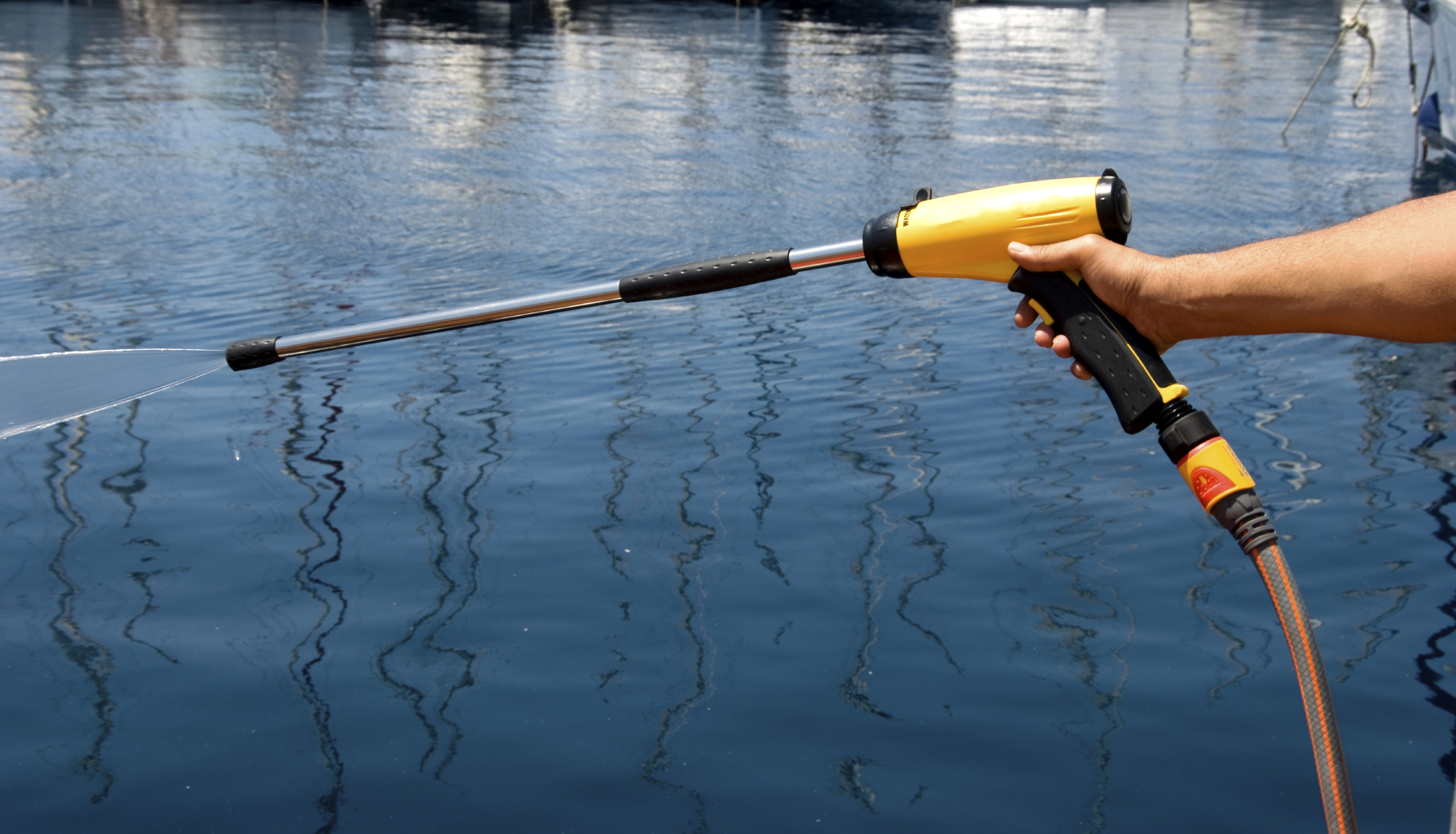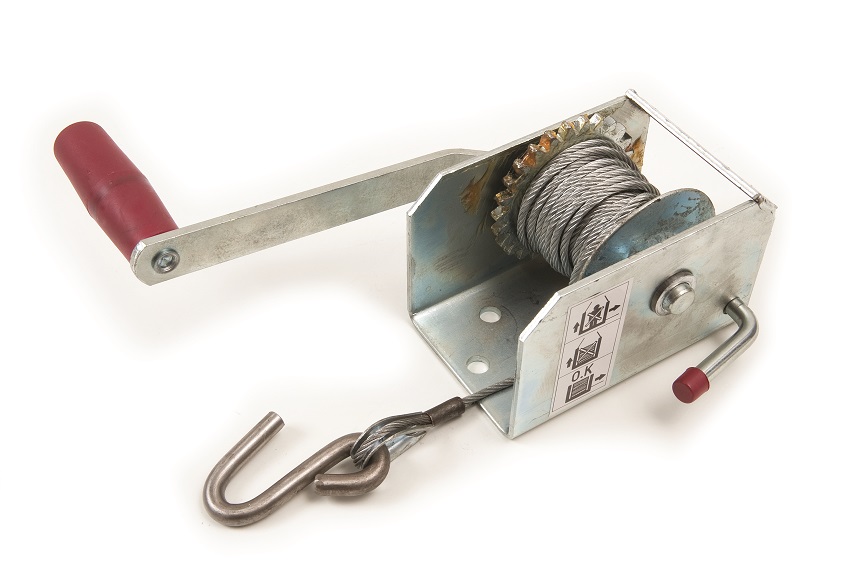After a big weekend of boating, once you’ve hauled your boat onto its trailer, cleaning it is the last thing you feel like doing. But it’s one of those chores that any boat lover has to take care of.
Note that the scope of this article covers boats that are towed and are stored out of the water.
How often should I clean my boat?
As a rule of thumb, you should clean your boat as often as you use it. Even after only a day of use, your boat’s hull can accumulate slime, oils and other pollutants (fouling) that, if left unchecked, can cause markings and permanent damage to its outer layers. So if you’ve been asking yourself “how often should I clean my boat?” the key benefits of doing so as often as possible are:
- Aesthetic appeal: If you’re like most boat owners, your boat is your pride and joy. Keeping your boat clean will help keep it aesthetically ship-shape.
- Protecting the clear coat/paint: Regardless of what material the boat’s hull is made of, there’s often a clear coat of some description, or it may be protected with marine-grade paint. Keeping it clean and free from build-up will save you money and effort in the future.
- Resale value: Should you be forced to sell (or hopefully upgrade), regular cleaning of your boat will maintain its resale value and reduce the amount of effort you need to put into preparing it for sale.
- Performance: Keeping your hull clean and friction-free ensures that your boat performs at its best and returns the best fuel economy.
Cleaning is a breeze
Washing down and flushing your boat with fresh water after each use is the most important thing you can do. Using a soft cloth or sponge with a mild detergent will remove any fouling without damaging or scuffing the hull. Using a high-pressure cleaner will take some of the effort out of it.
As with a car, clean from top to bottom and front to back to ensure you don’t miss anything. Then give it a wipe down with a chamois.
For stubborn fouling that has accumulated over time, a brush, a square of carpet or fine steel wool may be appropriate. However, if the fouling is persistent, seek professional help.
Storage – prevention is better than cure
To protect the boat’s deck and interior from dust, ensure you use a boat cover. If it’s stored outside, a boat cover will also keep the rain and detritus out. Most boat covers, especially custom-fitted ones, will also go some way to preventing rainwater from dripping down the side of the hull.
Depending on how often you use your boat, it may also be worthwhile investing in antifouling paint for your hull. This will reduce the likelihood of fouling accumulating on your hull. Again, you should seek professional advice.
Keeping your boat clean is an ongoing job. The rule of thumb of cleaning after each use shouldn’t sound like too much work to the passionate boat owner. In the end, doing so will save you time, effort and money.
For a deeper explanation of towing capacities, read our caravan towing capacity guide (note that the rules are the same for trailers and caravans).





